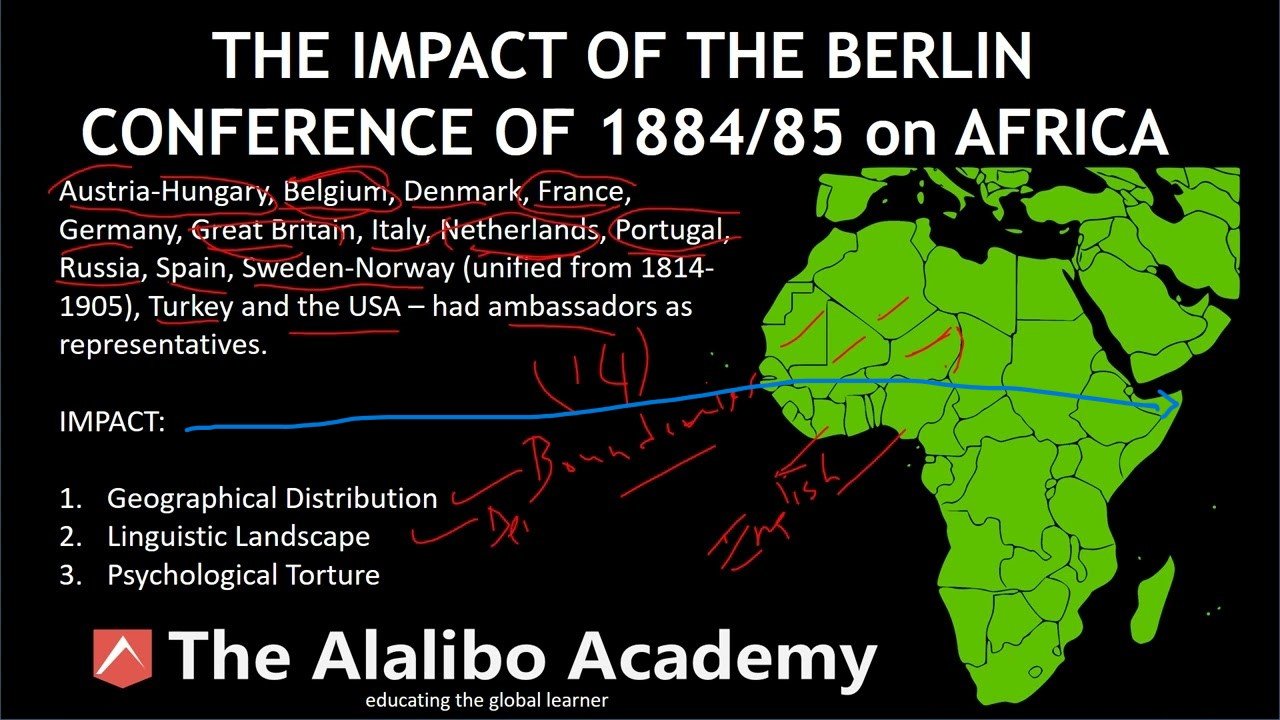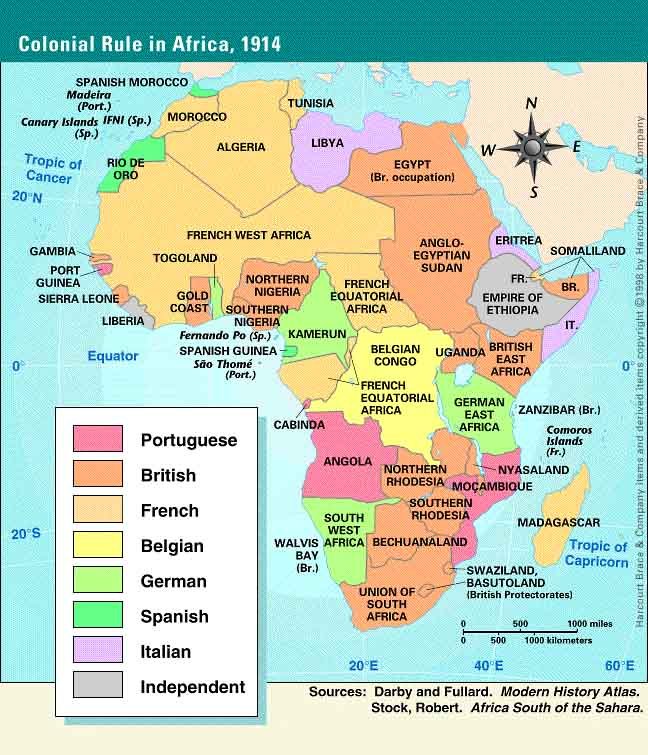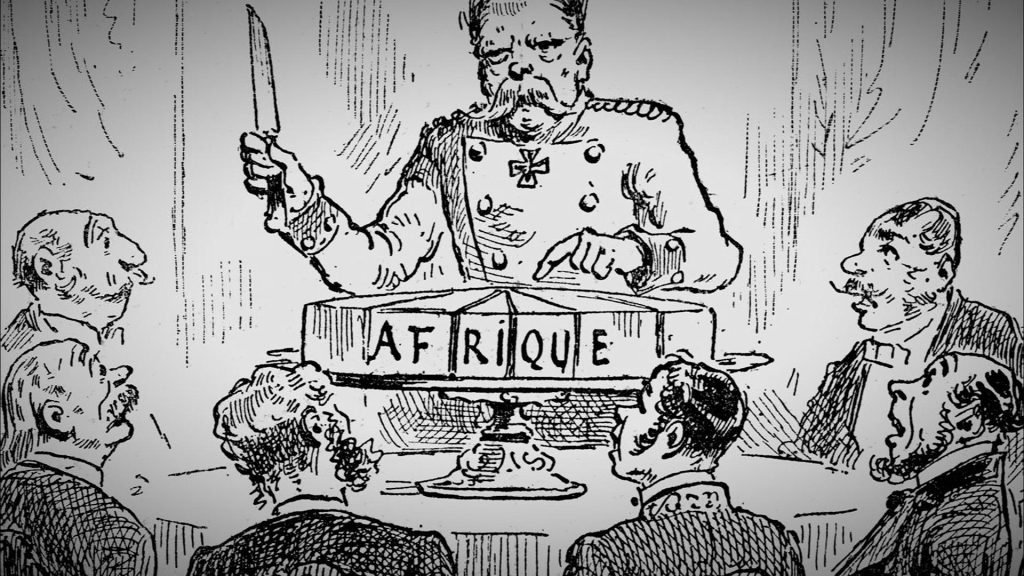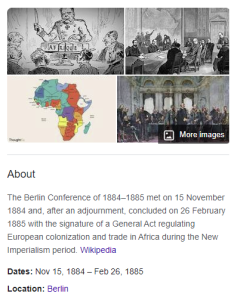Human Behavior
Self-Determination Theory Explained – Understanding the Driving Forces Behind Human Behavior
Unlocking Human Motivation: A Deep Dive into Self-Determination Theory
BY GUEST ESSAY:
Embark on a journey to unravel the mysteries of human motivation with Self-Determination Theory (SDT). Explore the three innate psychological needs that propel individuals towards self-directed action and fulfillment.
In the intricate tapestry of human behavior, lies a fundamental quest for autonomy, competence, and relatedness. At the heart of this quest lies Self-Determination Theory (SDT), a seminal framework that illuminates the driving forces behind human motivation and fulfillment. Let us embark on a journey to unravel the mysteries of SDT and explore its profound implications for personal growth and well-being.
Unveiling the Theory:
Developed by psychologists Edward L. Deci and Richard M. Ryan in the 1980s, Self-Determination Theory posits that human beings are inherently driven by three innate psychological needs: autonomy, competence, and relatedness. These needs serve as the foundation upon which individuals cultivate intrinsic motivation and pursue self-directed action.
The Three Pillars of Human Motivation:
- Autonomy: At the core of SDT lies the principle of autonomy – the innate desire to experience freedom of choice and volition in one’s actions. Individuals who feel empowered to make decisions and pursue their goals in alignment with their values are more likely to experience intrinsic motivation and a sense of fulfillment.
- Competence: The pursuit of mastery and skill development is deeply ingrained within the human psyche. SDT emphasizes the importance of competence – the innate drive to seek challenges, acquire new skills, and experience a sense of efficacy in one’s endeavors. When individuals perceive themselves as capable and effective agents, they are more likely to engage in tasks with enthusiasm and persistence.
- Relatedness: Human beings are inherently social creatures, yearning for connection, belonging, and intimacy with others. SDT recognizes the significance of relatedness – the innate need to cultivate meaningful relationships and experience a sense of connection and community. When individuals feel valued, understood, and supported by others, they are more likely to thrive emotionally and psychologically.
The Role of Intrinsic Motivation:
Central to SDT is the concept of intrinsic motivation – the innate drive to engage in activities for their own sake, rather than for external rewards or pressures. Unlike extrinsic motivation, which relies on external incentives such as rewards or punishments, intrinsic motivation emerges from within, fueled by a deep sense of autonomy, competence, and relatedness.
Implications for Personal Growth:
Understanding the principles of SDT can have profound implications for personal growth, well-being, and fulfillment. By nurturing environments that support individuals’ autonomy, competence, and relatedness, educators, employers, and leaders can cultivate intrinsic motivation, creativity, and resilience among their constituents.
Conclusion:
As we navigate the complexities of the human experience, Self-Determination Theory serves as a guiding light, illuminating the intrinsic drives that propel us towards growth, fulfillment, and self-actualization. By honoring our innate need for autonomy, competence, and relatedness, we unlock the boundless potential that resides within each of us, forging pathways towards a life of purpose, passion, and meaning.

EDITORIAL
Why President Irro’s Quiet Brilliance Unsettles the Noise-Makers

Since assuming office on December 12, 2024, Somaliland’s President Abdirahman Mohamed Abdullahi Irro has been a puzzle to many. His silence, his measured approach, and his refusal to engage in the theatrics of politics have left critics scrambling for attention. But here’s the truth: President Irro is not just another leader. He is a man of profound intellect, a seasoned diplomat, and a strategist who operates in the shadows of silence, far removed from the cacophony of social media pundits and armchair critics.
Let’s be blunt: Somaliland has never seen a leader like Irro. With years of diplomatic service in Moscow under the former Somali government and 12 years as Speaker of the Somaliland Parliament, his resume is unmatched. His experience is not just a footnote; it’s a masterclass in governance and diplomacy. Yet, instead of celebrating this rare asset, some Somalilanders—particularly the loud, uninformed voices on social media—are busy criticizing him for not oversharing his every move.
Here’s the uncomfortable truth: society fears deep thinkers. From Socrates to Galileo, history is littered with examples of brilliant minds ostracized for seeing what others couldn’t—or wouldn’t. Somaliland’s own poetic legend, Hadrawi, once said that intelligence is a curse, isolating those who see the world too clearly. President Irro embodies this truth. His intellectual superiority is not just a gift; it’s a mirror that reflects the limitations of those around him. And people don’t like what they see.
Psychologists call this the “mirror effect.” When someone stands next to a physically strong person, they admire their strength. When they meet someone wealthy, they might envy their success. But when they encounter someone intellectually superior, something primal kicks in. Intelligence challenges our core identity—our beliefs, our understanding of the world, and our sense of self. It forces us to confront our limitations, and human beings, by nature, will do almost anything to avoid that discomfort.
This is why President Irro’s quiet, deliberate approach unnerves so many. He doesn’t need to shout from the rooftops or flood social media with updates. He doesn’t need to prove himself to anyone. His actions speak louder than words. While critics scream for transparency, Irro is busy laying the groundwork for Somaliland’s recognition on the global stage. His diplomatic finesse, honed over decades, is a weapon that no other African leader can match.
But let’s not kid ourselves: the backlash against Irro isn’t about his policies or his vision. It’s about ego. Deep thinkers like him don’t just challenge ideas; they challenge egos. And in a world where confidence is often valued more than intelligence, his silence is mistaken for weakness. Charismatic but shallow leaders thrive because they tell people what they want to hear. Irro, on the other hand, forces us to think critically—and that’s a discomfort many would rather avoid.
The irony is that Somaliland needs a leader like Irro now more than ever. His intellectual depth, his diplomatic acumen, and his ability to see beyond the noise are precisely what the nation requires to navigate the complexities of international recognition. Yet, instead of rallying behind him, some are content to drown in their own ignorance, mistaking his silence for inaction.
To those critics, here’s a reality check: President Irro is not here to entertain you. He’s not here to feed your need for constant updates or validation. He’s here to lead—quietly, strategically, and effectively. And if that makes you uncomfortable, perhaps it’s time to look in the mirror and ask yourself why.
Somaliland has a rare gem in President Irro. It’s time we stop fearing his brilliance and start embracing it. After all, history doesn’t remember the noise-makers. It remembers the thinkers, the visionaries, and the silent strategists who changed the course of nations. Irro is one of them. The question is: are we ready to follow?
Editor's Pick
The Billionaires Who Bankrolled Hitler—And Paid the Price

German oligarchs helped Hitler rise to power—only to end up in concentration camps. A cautionary tale for today’s corporate elite?
History is ruthless to those who believe they can control tyrants. In the early 1930s, German industrialists saw Adolf Hitler as a useful tool—a blunt instrument they could wield to crush unions, eliminate political instability, and create a business-friendly dictatorship. They financed his rise, thinking they were playing him. Instead, Hitler played them, and many of these same elites later found themselves stripped of power, imprisoned, or even executed.
Alfred Hugenberg, a media mogul who opened the floodgates for Hitler’s chancellorship, was warned of his mistake. He dismissed the danger—until he found himself fleeing for his life. Siemens, once a pillar of German industry, was forced into the Nazi war machine, employing 80,000 slave laborers in a system of mass murder and totalitarian rule.
Corporate greed and political arrogance have always been a volatile mix. Business leaders bet on Hitler to stabilize the economy. Instead, he shattered every norm, wiped out rivals, and ruled by fear. Today’s billionaire class—whether in Silicon Valley, Wall Street, or beyond—should take heed. History has a way of swallowing those who think they can harness the storm. Will they learn, or will they repeat the fatal mistake of the oligarchs who thought they could control a monster?
EDITORIAL
The Silent Strategist: Embracing President Irro’s Vision

Since December 12, 2024, Somaliland has embarked on a new chapter with President Abdirahman Mohamed Abdullahi Irro at the helm. But instead of unity and support, we’ve seen a wave of criticism flood social media. Today, let’s take a closer look at why these reactions may miss the mark.
President Irro is not your typical leader. He’s a seasoned diplomat, with over three decades of experience in international relations. His journey has taken him through the corridors of power, shaping an understanding of global politics few can claim. Yet, in a world that craves transparency and loud proclamations, Irro chooses a different approach. He thinks deeply and speaks less.
History has shown us that society often fears those who think differently. From Socrates to Galileo, brilliant minds have faced backlash for challenging the norm. In Somaliland, poets like Hadrawi have encapsulated the struggle of being intellectually superior—something that can feel like a burden.
So why do we resist deep thinkers like Irro? It’s what psychologists call the ‘mirror effect.’ A person with profound insights doesn’t just introduce new ideas—they hold a mirror up to society’s limitations. This reflection can evoke discomfort, and that’s when defenses go up.
Irro’s silence is not a sign of weakness; it’s a strategic choice. Rather than echoing the noise of immediate scrutiny, he navigates complex negotiations with patience and precision. He understands that true leadership requires a vision that sometimes demands time and subtlety to manifest.
It’s time for us, the people of Somaliland, to reconsider our expectations of leadership. We often celebrate confidence over true depth, gravitating towards charismatic figures who speak loudly, even when their promises may be superficial. But President Irro represents a different path—a path rooted in wisdom and insight.
As Irro works tirelessly to gain Somaliland the recognition it deserves, we must learn to shift our focus from skepticism to support. Let’s give him the space to strategize, to negotiate, and ultimately to lead our nation towards a brighter future.
In the end, true leadership might not come from the loudest voices but from those who understand not just the challenges of today, but the possibilities of tomorrow. Together, let’s embrace the vision of our silent strategist, President Irro.
Communication
Tucker Carlson Teases Volodymyr Zelensky Interview

After Interviewing Putin, Carlson Pursues Conversation with Ukraine’s President
In a surprising move, conservative pundit Tucker Carlson hinted on Wednesday at a potential interview with Ukrainian President Volodymyr Zelensky. This revelation comes on the heels of Carlson’s February trip to Moscow, where he conducted a notable interview with Russian President Vladimir Putin, marking him as the first Western journalist to do so since the conflict began in February 2022.
“Looks like we’ve got the Zelensky interview. We’ve been trying for two years, and with particular intensity after interviewing Putin in February,” Carlson announced on X, formerly known as Twitter. This potential sit-down with Zelensky follows Carlson’s departure from Fox News last year, where he was known for his controversial takes, including his criticism of Zelensky and the Ukraine war, views that had garnered approval from Kremlin propagandists.
Carlson, who hosted “Tucker Carlson Tonight” from 2016 to 2023 before his sudden firing last April with no official explanation, stated his goal is to “bring Americans much-needed information about the conflict that’s completely reshaping their country’s position in the world.” The announcement of the possible interview with Zelensky has yet to elicit a response from Ukraine, and Newsweek has reached out to Ukraine’s Foreign Ministry and the Tucker Carlson Network for comment.
Following Carlson’s two-hour interview with Putin, the Russian president expressed his surprise over the lack of aggressive questioning. “To be honest, I thought that he would behave aggressively and ask so-called sharp questions. I was not just prepared for this, I wanted it, because it would give me the opportunity to respond in the same way,” Putin remarked to Russian journalist Pavel Aleksandrovich Zarubin on state television channel Russia-1. He added that he did not “feel full satisfaction from this interview.” Kremlin spokesperson Dmitry Peskov later stated that Putin agreed to the interview because Carlson’s perspective “differs” from other Western media.
Carlson’s announcement about the Zelensky interview received mixed reactions on social media. Ukrainian journalist Illia Ponomarenko endorsed the idea, saying on X, “I think Zelensky sitting down for an interview with Tucker is a good idea because there is no question Ukraine can’t give a fair answer to.” Ponomarenko further distinguished Zelensky’s candidacy for the interview by noting that, unlike Putin, Zelensky “has no need to crack freakishly weird mumbo-jumbo pseudo-historical freak Viking era theories to explain why Ukraine fights for survival in the largest European war of aggression since Hitler and why it is so important to help Ukraine win.”
However, skepticism abounds, with many voicing concerns about potential manipulation of the interview’s content. “Zelensky needs someone to video the whole interview because you can bet it will be a trap… they’ll change it and use for propaganda purposes,” one X user warned. Another echoed this sentiment, writing, “I’m more concerned about how they will doctor his answers in the final edit.”
Despite the buzz, Carlson has not provided a specific timeline for when this interview might occur, leaving followers in suspense with a tantalizing “Coming soon we hope.”
As the world watches and waits, Carlson’s potential interview with Zelensky promises to be another controversial chapter in the ongoing narrative of the Ukraine conflict. Whether it will bring new insights or further polarize opinions remains to be seen, but one thing is clear: the anticipation is building, and the stakes are high.
Corruption
The Light of Somaliland: A Tale of Hidden Dark Forces and Mysterious Illuminations

Discover the hidden battle against a mysterious light in Somaliland that has sparked international intrigue and a legacy of conflict. Unravel the story behind the fight for this enigmatic region.

By Kasim Abdulkadir:
In the rugged mountains of Sanaag, where the air hums with ancient secrets, lies Somaliland—a land shrouded in mystery and whispered legends. For centuries, this region has been the focal point of a clandestine struggle between forces both seen and unseen, driven by an enigmatic light that many believe holds untold power.
The Genesis of a Secret War
It was in 1884, amid the chaotic fervor of the Berlin Conference, that the seeds of this conflict were sown. European powers gathered to carve up the African continent, but beneath the diplomatic veneer, darker agendas were at play. A black map, stark with two glaring white areas, was discreetly circulated among the elite. These regions were Somaliland and Shaam in the Middle East—zones marked by a mysterious light that Lucifer himself, the great fallen angel, declared a threat to his sinister designs.

Lucifer, seated in the shadows of that fateful meeting, whispered to his followers. “These lights in Somaliland and Shaam,” he warned, “must be extinguished. They are the beacons of hope and resistance against our dominion. Steal their minds, corrupt their bodies, and sow endless discord.”
The Unseen Battles
Decades passed, and the struggle for Somaliland’s light continued to rage, often unseen by the world. The great powers—Britain, France, Germany—each took their turn, manipulating conflicts and fostering divisions. Yet, despite their efforts, Somaliland stood resilient, its light unwavering.
Modern efforts saw new tactics. The shadowy forces behind global powers instigated wars in Lasanod, hoping to draw in international peacekeepers and destabilize the region from within. The goal? To change the very fabric of Somaliland, starting with its symbol—the flag that carried the light. “Convince them,” they schemed, “that recognition will come with changing the text and color of their flag. Anything to dim that light.”
The Dark Plans Unveiled
From the halls of power to the streets of Hargeisa and Burco, the conspiracy spread. Khat, a local drug, was laced with toxic chemicals, its consumption encouraged to poison the minds and bodies of Somaliland’s people. Women were particularly targeted, told that khat would prevent childbirth, aiming to cripple the nation’s future.
Meanwhile, Somalis imprisoned abroad were slated for a dubious return, a plan set for the middle of 2025, aiming to introduce chaos. Free alcohol and hashish for those sickened by tainted khat became the norm, another tool to erode the society from within.
The Battle for Souls

Religious scholars were not spared. They were lavishly bribed, distracted with wealth and divided against one another, ensuring perpetual conflict. The Qur’an, a source of solace and guidance, was twisted into a tool of division, with teachers paid to mislead the youth.
The Unyielding Light

Yet, despite these relentless efforts, the light of Somaliland persists. It is a testament to the indomitable spirit of its people—a beacon that refuses to be dimmed. As new generations rise, aware of the dark forces at play, they continue to resist, guarding their heritage and the mysterious light that defines their land.
Stay tuned for the next installment of this saga, where the intricate web of deception deepens and the fight for the soul of Somaliland takes an even more perilous turn. Will the light endure, or will the darkness finally prevail? The story is far from over.
Analysis
The Devastating Impact of Khat: A Comprehensive Analysis of Somaliland’s Crisis
Unveiling the Religious, Health, Economic, and Environmental Ravages of Khat Consumption in Somaliland
By Kasim Abdulkadir:
In the tranquil streets of Somaliland, an invisible enemy lurks, threatening the essence of society and corroding its foundations. This enemy is none other than Khat, a narcotic plant wreaking havoc on the religious, health, economic, moral, hygienic, and environmental spheres of Somaliland.
- Religious Problems of Khat: Khat’s insidious infiltration into the societal fabric of Somaliland has unleashed a myriad of religious challenges. The gluttonous consumption of Khat undermines the completeness of faith, diverting individuals from their religious obligations. Fasting, the cornerstone of religious practice, is undermined by Khat consumption, hindering individuals from fulfilling their sacred duties.
- Health Problems of Khat: The detrimental impact of Khat on public health cannot be overstated. From neurological impairment to digestive disturbances, Khat inflicts severe harm on the human body. Its consumption weakens the immune system, rendering individuals susceptible to illness and posing grave risks to their overall well-being.
- Financial Problems of Khat: Khat’s pervasive influence extends to the economic realm, paralyzing communities and draining resources. The economic paralysis induced by Khat consumption disrupts livelihoods and perpetuates cycles of poverty. Scarce financial resources are squandered on Khat, exacerbating economic inequalities and stifling progress.
- Moral Problems of Khat: In a society anchored in the principles of Islam, Khat engenders moral degradation, eroding the fabric of social cohesion. The vile behavior exhibited by Khat users stands in stark contrast to the moral virtues espoused by Islam, perpetuating discord and disharmony within communities.
- Hygienic Problems of Khat: Khat’s consumption fosters neglect of personal hygiene, exacerbating societal challenges and perpetuating unhygienic living conditions. The relentless pursuit of Khat leaves individuals devoid of the inclination to maintain cleanliness, further exacerbating public health concerns.
- Family Problems of Khat: The scourge of Khat precipitates familial discord, tearing apart the fabric of familial bonds and disrupting domestic tranquility. Marital strife, fueled by the financial strain of Khat consumption, destabilizes households and undermines familial cohesion.
- Environmental Problems of Khat: As Khat consumption proliferates, it exacts a heavy toll on the environment, polluting ecosystems and despoiling landscapes. The wanton disposal of Khat waste contaminates soil and disrupts natural habitats, threatening biodiversity and compromising environmental sustainability.
Conclusion: The pernicious influence of Khat permeates every facet of Somaliland society, leaving devastation in its wake. Urgent measures are imperative to combat this existential threat and safeguard the future of Somaliland. Only through concerted efforts to address the religious, health, economic, moral, hygienic, and environmental ramifications of Khat consumption can Somaliland reclaim its vitality and resilience.
The Poisoned Chalice: Battling the Khat Epidemic in Somaliland
In the face of adversity, Somaliland must unite to confront the scourge of Khat and forge a path towards renewal and prosperity.
-

 Minnesota2 months ago
Minnesota2 months agoFraud Allegations Close In on Somalia’s Top Diplomats
-

 Middle East2 months ago
Middle East2 months agoTurkey’s Syria Radar Plan Triggers Israeli Red Lines
-

 Editor's Pick2 months ago
Editor's Pick2 months agoWhy India Is Poised to Become the Next Major Power to Recognize Somaliland
-

 ASSESSMENTS2 months ago
ASSESSMENTS2 months agoSomalia’s Risky Pact with Pakistan Sparks Regional Alarm
-

 Analysis2 months ago
Analysis2 months agoTurkey’s Expanding Footprint in Somalia Draws Parliamentary Scrutiny
-

 Analysis2 months ago
Analysis2 months agoRED SEA SHOCKER: TURKEY’S PROXY STATE RISES—AND ISRAEL IS WATCHING
-

 Somaliland1 month ago
Somaliland1 month agoF-35s Over Hargeisa: The Night Somaliland’s Sovereignty Went Supersonic
-

 Somalia2 months ago
Somalia2 months agoIs Somalia’s Oil the Price of Loyalty to Turkey? MP Blows Whistle on Explosive Oil Deal













